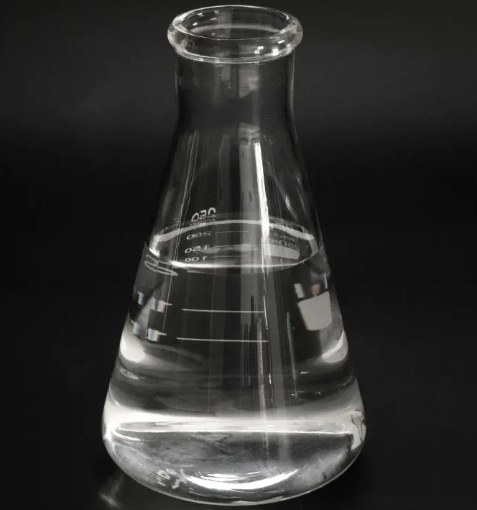Learn about recent related news.

Why Sodium Colloidal Silica/Silica Sol can be used as a catalyst carrier
In the vast field of the chemical industry, catalysts play a vital role as substances that accelerate chemical reactions without being consumed, and the efficiency of catalysts is often closely related to their carriers. Sodium Colloidal Silica can also be used as a catalyst carrier because of its unique physical and chemical properties.
1. Sodium Colloidal Silica has an extremely high specific surface area. The SiO2 nanoparticles in the colloid are extremely small, and the entire colloid system has a huge surface area. This high specific surface area not only provides abundant attachment sites for the active components of the catalyst, but also enhances the interaction between the catalyst and the reactants, thereby improving the catalytic efficiency. The high specific surface area also helps to evenly disperse the catalyst, avoid agglomeration and deactivation of the active components, and further extend the service life of the catalyst.
2. Sodium Colloidal Silica has good stability and chemical inertness. As a catalyst carrier, it must be able to remain stable under various reaction conditions, not participate in the reaction process, and avoid adverse effects on the catalytic effect. The SiO2 skeleton structure of Sodium Colloidal Silica is strong, can withstand high temperature, acid and alkali and other harsh environments, and is not easily corroded by reactants. This chemical inertness makes Sodium Colloidal Silica an ideal catalyst carrier material.
3. The easily adjustable pore structure of Sodium Colloidal Silica is also one of its advantages as a catalyst carrier. By adjusting the preparation process and conditions, the size and distribution of the colloidal particles can be controlled, and then the pore structure and pore size distribution of the carrier can be adjusted. This controllability allows Sodium Colloidal Silica to adapt to the needs of different catalysts and reaction systems and optimize the catalytic effect. In the catalytic process that requires the participation of macromolecular reactants, Sodium Colloidal Silica with a larger pore size can be selected as a carrier to ensure that the reactants can smoothly enter the catalyst for reaction.
4. Sodium Colloidal Silica also has good mechanical strength and processability. It can be used as a catalyst carrier in the laboratory and can also be widely used in large-scale industrial production. Through appropriate molding and processing, Sodium Colloidal Silica can be made into catalyst carriers of various shapes to meet the needs of different reactors.
Related Products
-
Ammoniacal Colloidal silica/silica sol is a low density, colloidal silica used as a filler in coatin...
-
Colloidal silica/Silica Sol with Large Particle Size
Colloidal silica/Silica sol is a kind of colloid which is formed by nm-grade particles SiO2, dispers... -
Low Sodium Type Colloidal Silica/Silica Sol
Colloidal silica/Silica sol is a kind of colloid which is formed by nm-grade particles SiO2, dispers... -
Potassium Type Series Colloidal Silica/Silica Sol
Colloidal silica/Silica sol is a kind of colloid which is formed by nm-grade particles SiO2, dispers... -
Sodium Colloidal Silica/Silica Sol
Sodium Colloidal Silica/Silica Sol Colloidal silica/Silica sol is a kind of colloid which is formed ... -
Acid Series Colloidal Silica/Silica Sol
Acidic silica sol is a colloidal solution formed by uniform diffusion of silica particles in water. ... -
Colloidal Silica/Silica Sol With Small Particle Size
Colloidal silica/Silica sol is a kind of colloid which is formed by nm-grade particles SiO2, dispers... -
Neutral Colloidal Silica/Silica Sol
Colloidal silica/Silica sol is a kind of colloid which is formed by nm-grade particles SiO2, dispers...


 中文简体
中文简体